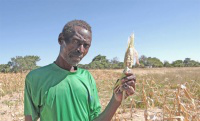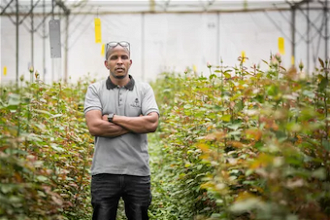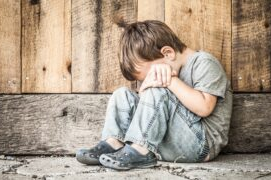Zimbabwe: New report shows climate change hitting farmers hard

Matthew Sibanda
Every year, life gets more difficult for Matthew Sibanda. This 66-year-old farmer has lived all his life in the Matobo region of southern Zimbabwe, but he says he has never experienced a climate as difficult as in recent years. “As far as I remember, I have never experienced such hot temperatures,” he says. “For a long time, my piece of land was considered a fertile wetland which always gave me good yield to feed my family but this is now history.”
Rising temperatures and decreasing rainfall are making life an uphill battle for farmers in Matobo. Most rivers and wetlands have dried up, leaving dry sand behind. Without water, animals are dying in their thousands. “I had 40 cattle, 150 goats, 30 sheep but now I have only two cattle 27 goats and no sheep,” says Matthew. “Sheep can't survive in these high temperatures and there was not enough grazing land for the cattle. The goats were my only livelihoods left and I sold them to take the children to school.”
Irish aid and development agency Trocaire recently commissioned a study on climate change and how it has affected rural communities in Matobo, a southern region of Zimbabwe. Farmers interviewed shared Matthew’s view that the climate is changing. To validate this, Trocaire obtained data from the Meteorological Services Department going back to 1970. This data shows that temperatures have increased by 1.12 °Celcius over the last 40 years, compared to a global average of 0.91ºC. Faced with these worsening conditions, many young men from rural areas in Zimbabwe are moving to the cities in search of work, leaving the elderly, women and children behind to face climate change’s trail of destruction. Many of these men end up destitute in Zimbabwe’s cities and unable to support their families back in the rural areas. Farmers are trying to adapt to their changing situation. In the wetlands where they used to plant rice, they now plant maze and are now beginning to plant okra which has better yields due to the lack of rainfall. Small holder farmers now plant vegetables and legumes from staple maize they used to plant.
However, changing rainfall patterns and rising temperatures make it difficult for farmers to plan. Farmers in Matobo told us that erratic rains, starting late and ending early, are leading to crop failure. One farmer lamented: “if we want to plant, it is now very dificult to know how to do it because it’s now unpredictable.”
Source: Trocaire
For more information on Trocaire see: www.trocaire.org/





















